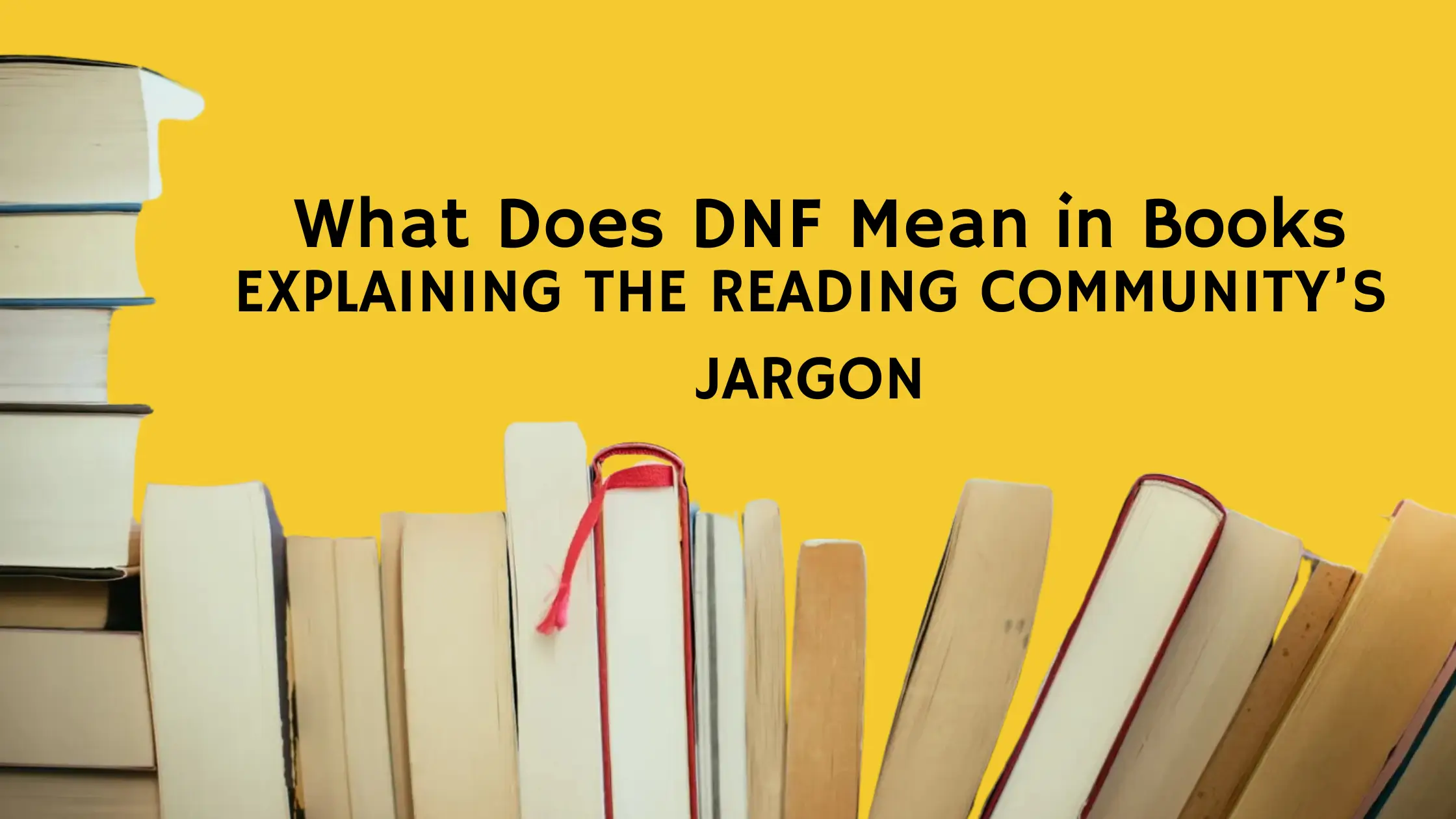In the world of reading and literature, the term DNF stands for ‘Did Not Finish.’ It is an acronym used by readers to indicate that they have chosen not to complete a book they started. The concept of DNFing a book acknowledges that not every book will resonate with every reader, and it’s a personal decision to stop reading a book if it doesn’t meet one’s expectations or interest levels.
Deciding to DNF a book can be driven by a variety of reasons. It might be because the reader does not connect with the characters, finds the writing style unengaging, or the plot lacks the anticipated excitement. Mood readers, particularly, may choose to DNF a book if their current emotional state does not align with the story. It is a liberating act that allows readers to manage their reading time effectively, prioritizing enjoyment and engagement over completion.
It is important to note that choosing to DNF a book is not a permanent action. One might decide to return to a book at a different time when the context might be more suitable or their mood has changed. DNF does not have to mean a definitive end to a reader’s experience with a book; it can simply signify a pause or a bookmark in their reading journey.
DNF in Literary Context
When discussing books, the term “DNF” is frequently employed to denote a particular reading outcome. It suggests a departure from the usual goal of completing a book.
Definition and Usage
DNF stands for Did Not Finish. It is a label indicating that a reader has chosen not to complete a book they have started. Reasons for this vary, from lack of engagement to a mismatch of expectations. A book classified as DNF isn’t necessarily a permanent state. Some readers may decide to revisit the book at a later date if their initial attempt at reading was interrupted or if their interest in the subject matter rekindles.
Origin and Etymology
The acronym DNF has its roots in other domains where completion is a measure of success, such as racing or gaming, where it means “Did Not Finish”. In literary terms, this usage has been adopted to describe the act of abandoning a book. While the exact origin of DNF in reading is unclear, the term has gained popularity with the rise of online book communities and book review sites, giving readers a succinct way to signal their reading experience without providing a numerical rating or detailed review.
DNF in Reader Communities
DNF, which stands for “Did Not Finish,” is a term widely recognized within reader communities to denote books that a reader has started but chosen not to complete. This concept is frequently discussed in various contexts, such as book discussion forums, reading challenges, and through reader reviews.
Book Discussion Forums
In book discussion forums, members often candidly share their DNF lists and reasons behind their decisions. For instance, they might mention a lack of engagement with the storyline or an inability to connect with the characters. These DNF discussions can spark debate on reading preferences and encourage others to either give a book another chance or feel validated in their choice to set it aside.
Reading Challenges and Goals
Within the scope of reading challenges, DNFing a book can impact a reader’s goals. Participants may be hesitant to DNF a book if they feel it will affect their challenge targets. However, many in reader communities advocate for prioritizing personal enjoyment over completion rates, emphasizing the importance of abandoning books that do not resonate on a personal level.
Reader Reviews and Feedback
Reader reviews provide a platform for sharing feedback on books, including those marked as DNF. Through reviews, a reader may detail specific aspects of a book that led to their discontinuation, such as writing style or pacing. This feedback is not only helpful to other readers but can also offer authors insight into diverse audience reactions to their work.


